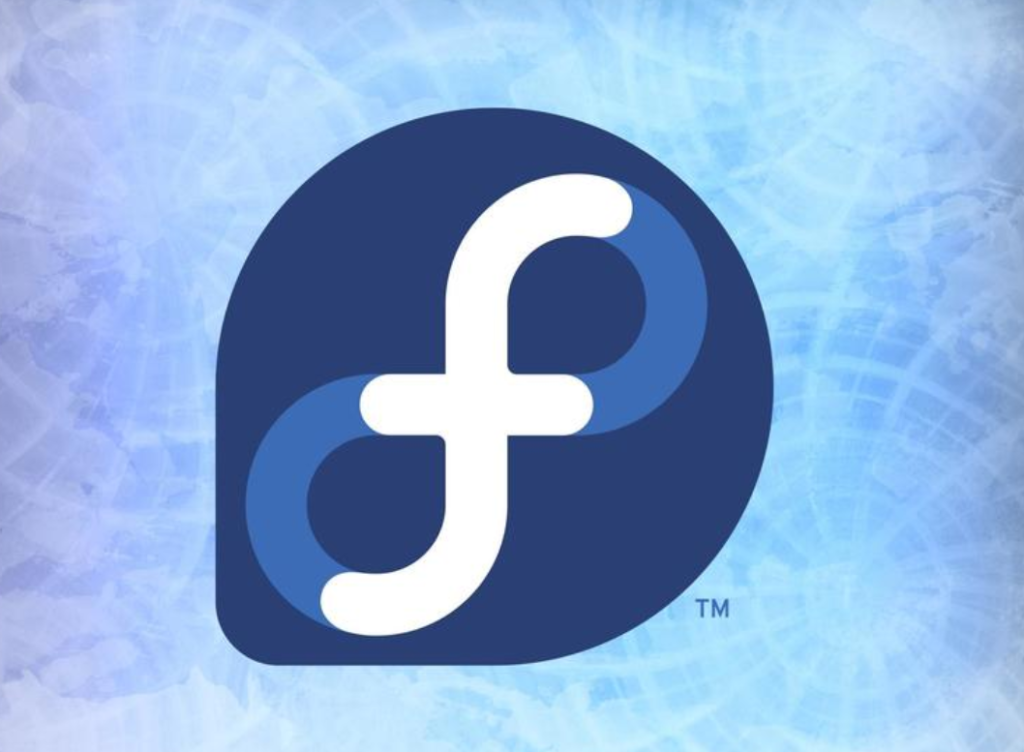
New types of hardware will need a new type of operating system, which means open source could be about to take a leap forward.
It’s been a long time since anyone thought Linux could seriously challenge Windows for domination as a desktop operating system. But that doesn’t mean that interest in having Linux on your laptop has entirely vanished.
For example, Lenovo recently said it will offer Fedora 32 Workstation as a customizable option
for its ThinkPad P1 Gen2, ThinkPad P53 and ThinkPad X1 Gen8 laptops, under a pilot of Lenovo’s Linux Community Series – Fedora Edition.
“It’s very exciting,” Matthew Miller, project lead for Fedora, tells TechRepublic.
“Going to a manufacturer and saying, ‘Hey, we want you to do our thing’ is not nearly as powerful as them coming to you and telling you their customers are asking for it.”
Fedora celebrated 15 years as a Linux distribution
in November 2019, with Fedora 32 Workstation, the latest version of its operating system, arriving last month.
The community project, sponsored by RedHat, came out of the merging of the Red Hat Linux Project with the Fedora Linux Project, giving birth to the subsequent Red Hat Enterprise Linux (RHEL) initiative in 2003.
As the name implies, RHEL isn’t built for general purpose. Commercial customers can purchase laptops pre-installed in a Fedora Workstation configuration, but now, with Fedora shipping as standard on select Lenovo devices, the operating system is being opened up to a much wider audience. “We need partners like Lenovo who are pressuring their vendors, the people who make the components to go in a laptop, to be open-source friendly and to get their stuff into the Linux kernel directly,” says Miller.
While anticipating an increase in uptake, Miller doesn’t anticipate Apple and Microsoft fans to begin jumping ship en masse – indeed, he acknowledges the platform will likely retain its more geeky audience.
But that’s not to say that Fedora 32 Workstation doesn’t have the technical chops to go toe-to-toe with mainstream operating systems, with Miller alluding to the huge advances that Linux as a desktop has made over the past 15 years as it has moved from the server to being the default choice for embedded everything everywhere.
“It’s so flexible and so able to fit into all of these different use cases,” he says. “To me, it’s clear that Linux is technically superior.”
And he adds: “It’s not a money-saver option – this is something you should pick if you actually want this.”
Of course, the technical capability of Fedora is just one small piece of the package that forms the philosophy not just of Fedora Workstation but Linux and the open-source community in its entirety.
“The real appeal of it is that this is an operating system that we own. It belongs to the people,” he says.
“From the Linux kernel all the way up, everything in Fedora is always open source. It doesn’t belong to Apple, or Microsoft, or Google. It really, in a very meaningful way, belongs to us, and it’s cool to be a part of that.”
Looking to the future, Miller sees Linux as well-positioned to capitalize on the move to hybrid-type mobile devices, particularly as more OEMs throw their support behind the platform.
“I think we’re hitting an inflection point where we’ll get more and more of that kind of support,” he says.
“I think in general, people are going to move more and more towards the two-in-one tablet with a keyboard, and devices that are based more on those mobile operating systems.
“I think Linux is very well suited to that, so I expect to see the share of people using [Linux] operating systems on laptops and desktops to rise significantly over the next few years.”
Support Ukraine against russian fascists! Defend Europe from horde! Glory to Ukraine! 🇺🇦

Head and Editor in Chief of EcmaScript2017 Journal. Senior JS Back-end Full stack developer and software architect.



Read Also
Pixwox: Peeking into Instagram’s Private Stories
Gramhir: Demystifying Your Instagram Presence – An Analytics Ally
Navigating High-Risk Payments: Exploring Highriskpay.com and Alternatives